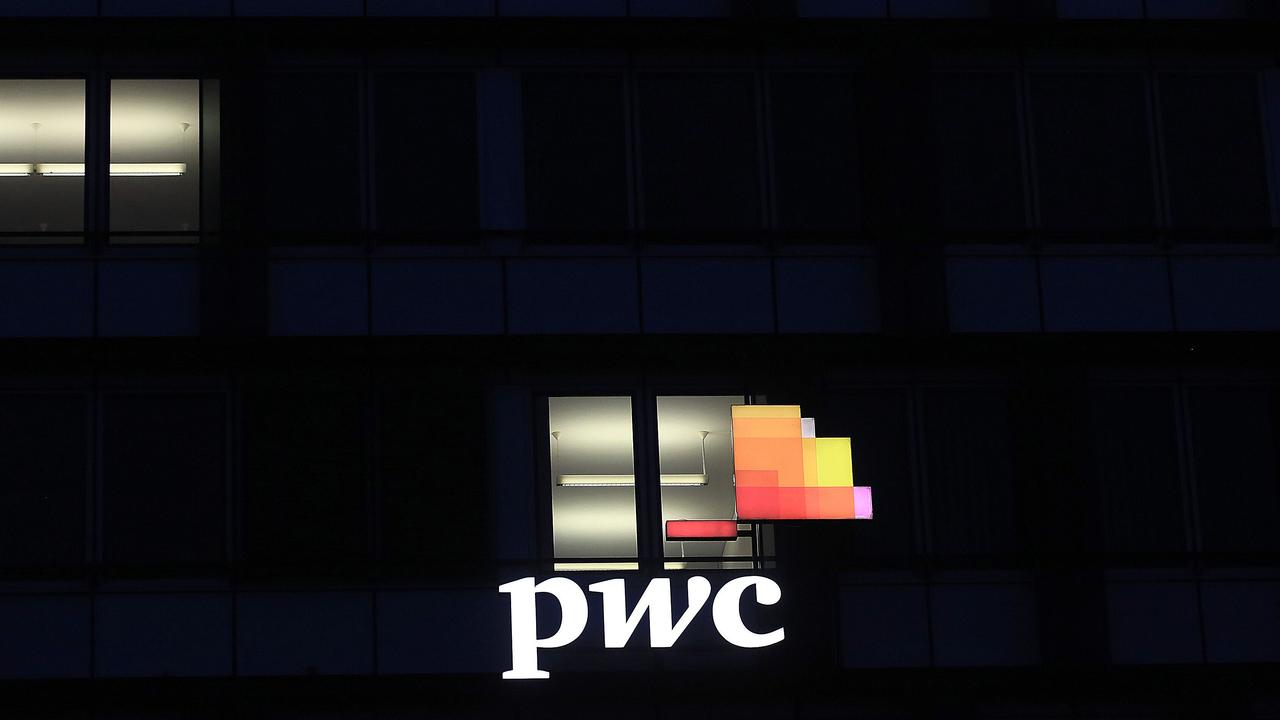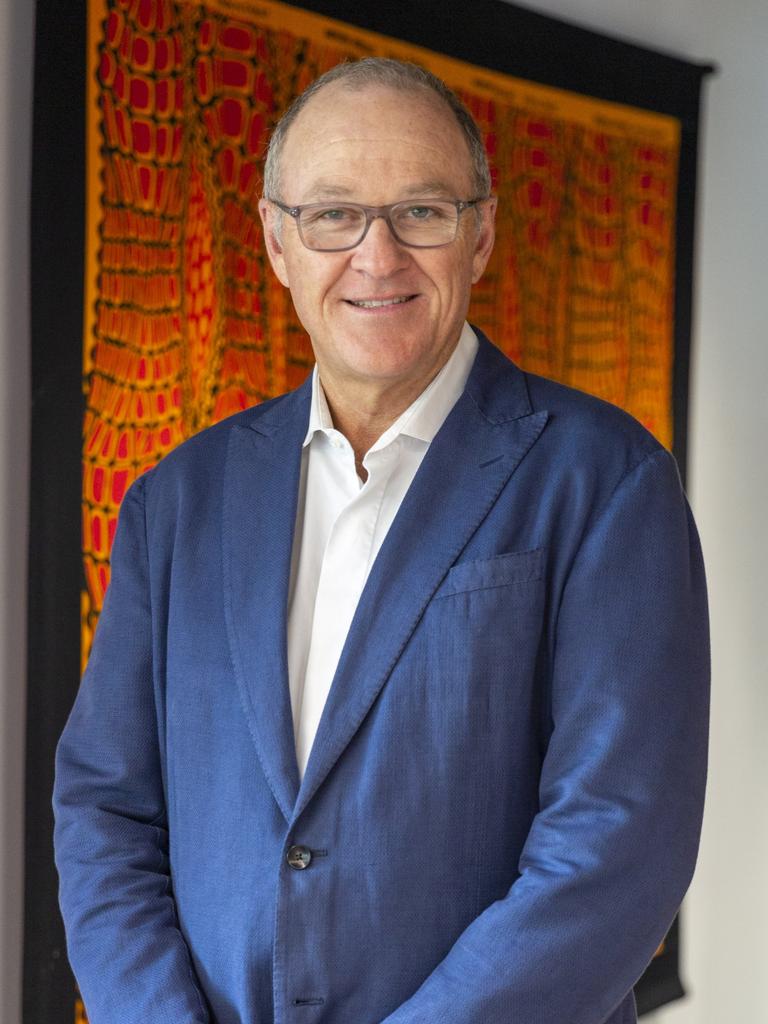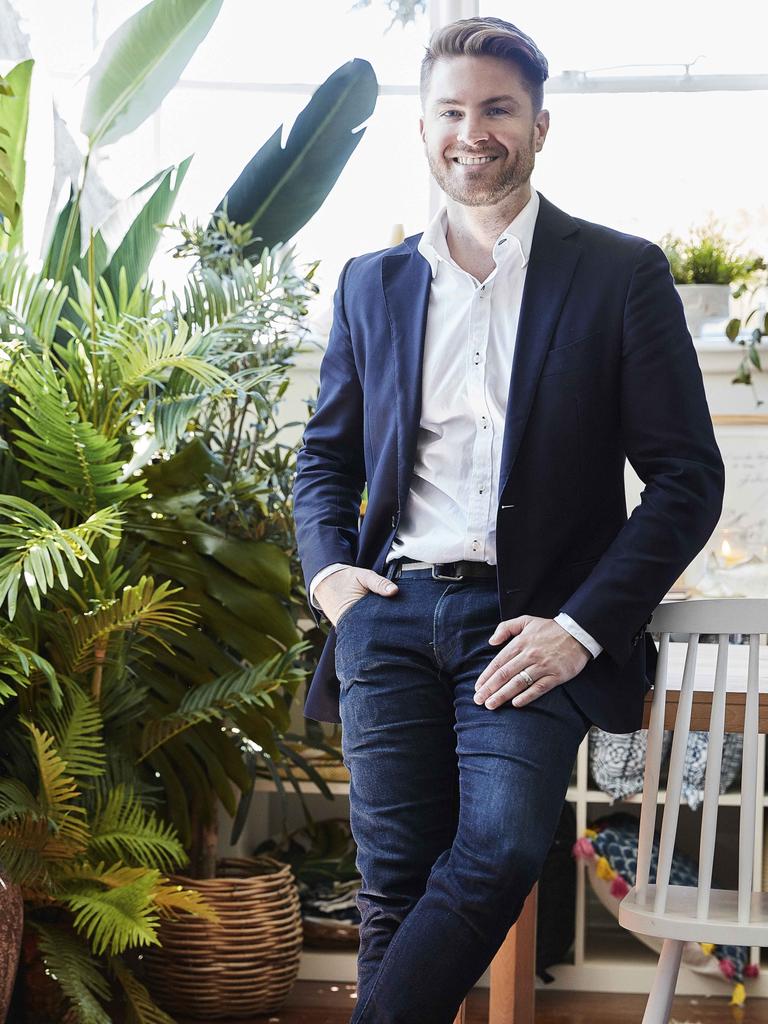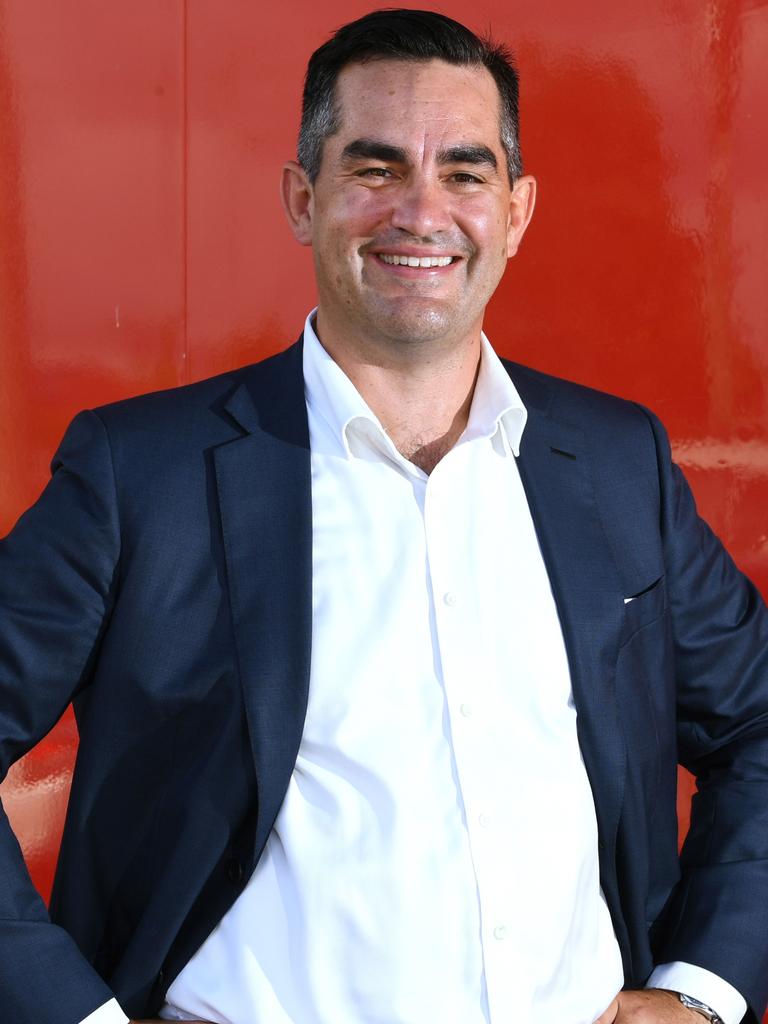PwC Australia tax scandal shows why big four audit firms are never far from trouble
The PwC tax policy leak should be the catalyst to clean up accounting firms. Their basic business model means they’ll never change.

Business
Don't miss out on the headlines from Business. Followed categories will be added to My News.
Widening fallout from PwC’s tax leak is the latest and one of the biggest in a rich history of scandals that seem to be forever following the big four accounting firms from one continent to another.
From Europe to the US, the big four are often in headlines for the wrong reason. EY recently copped a partial audit ban in Germany and a hefty fine for signing off on the accounts of collapsed payments firm Wirecard. KPMG was involved in an auditing scandal at the highest political levels in South Africa and Deloitte has been fined millions of dollars and given a suspension for allowing Chinese clients to do their own audit work. For years the big four have long been accused of becoming too close to the companies they audit while their non-audit consulting fees grow bigger and bigger.

A large part of this can be attributed to the archaic business models they operate under. Their partnership structure works against transparency, promotes poor governance and massively dilutes accountability.
The big four global players, Deloitte, KPMG, PwC and EY operate under various forms of a federated structure where either local or regional partnerships are part of a global network of firms operating under the same banner.
This means the US boss of PwC has little say in how the Australian partnership operates or local hiring and firing decisions. The chain of command is diffused across local partners rather than CEOs themselves. Bizarrely, such as in PwC’s case, there is a process where the CEO is elected by the partners. This fragmented structure means a scandal in Australia is unlikely to be felt by the same member firm in Europe and the reverse also applies.
PwC’s global oversight board is made up of 20 members of regional PwC firms from all around the world including Australia. It is not responsive to external shareholders, who would rightly be demanding answers as to why the brand is being trashed in Australia and what is being done about it.
Global miner Rio Tintolost its chairman, CEO and several senior executives through the Juukan Gorge scandal. Intense shareholder anger over the cave destruction gave Rio’s new management team a mandate to fix the miner from the bottom up. Others from AMPto National Australia Bank have seen boards and executive turnover when scandal hits. If PwC Australia was a corporation, the board and senior management would have long been cleaned out.

PwC’s Australian boss Tom Seymour resigned two weeks ago after it emerged he was one of 50 current and former staff who had been included on emails that openly discussed using the confidential ATO information. Beyond that and a review underway led by former Telstra boss Ziggy Switkowski, there is no evidence of deeper change underway.
Partnerships might work for smaller firms but can become unwieldy for global multinationals seeking to do business with governments and listed corporations. The finances of the audit firms are murky while their local structures are broken down into dozens of micro silos of consulting and audit arms.
Anyone, anywhere can find out exactly what the full set of accounts of PwC clientsCommonwealth Bank and Westpac look like within seconds. Good luck finding PwC Australia’s numbers without a detailed road map and compass. We do know they turn over more than $3bn (a third from consulting) and employ more than 9000 people – that’s about it. It’s incumbent on governments and clients who are paying the bills to demand more transparency.
Traditionally firms like PwC have argued the unlimited liability of partnership model (corporations have limited liability for shareholders) has provided the main incentive for good governance. That is if PwC is sued or fined the partners could also be on the hook.
A bigger financial disincentive is the conversion to a corporate structure would unlock significant tax liabilities for the partners that become shareholders. The partnership model also means they can’t easily raise cash for acquisitions.
The US-arm of EY last month shelved its ambitious Project Everest, which sought to split its consulting arm from the lucrative auditing business. The move for the US firm only was aimed at getting around increasing conflict of interest rules preventing audit firms from selling additional services. However the plan failed to get traction among the partners around the world.
PwC is going to have a long slow road to rebuild trust among clients. If its Chinese Walls were so porous with heavyweight client like Canberra, what is the firm doing with the information of other smaller clients? Governments too are going to be more wary about consulting contracts, which are a necessary evil to get outside advice in complex policy areas.
Retired Deloitte partner and former Deloitte Australian board member Sergio Duchini spoke for many in the auditing industry when he recently posted on LinkedIn the PwC tax affair represented a “blatant and profound breach of trust and professional ethics”.
“I cannot fathom how this was not condemned by PwC leadership and any partner remotely involved in this process,” Duchini said. It is likely we will never know either.
Retailers embracing AI
Furniture play Temple & Webster made its first round investment in Israeli AI start-up Renovai three years ago, looking to use the online tools to match its couches, coffee tables and lamps across different settings.
Temple & Webster said results from initial trials of Renovai’s interior design tools and mood boards helped to boost sales recommendations and this was being converted to checkout sales.

Temple & Webster recently upped its investment in Renovai through a $US2m ($3m) convertible note and is doubling down on using AI through the Microsoft-backed ChatGPT to answer pre-sale customer questions. Currently this handles about a quarter of Temple & Webster’s overall customer inquiries. This marks one of the first companies in Australia to deploy the fast-evolving ChatGPT in a commercial capacity since it was launched by San Francisco-based OpenAI last December.
Temple and Webster is also using AI to write and update product descriptions across more than 200,000 items – dramatically speeding up the process and eliminating the need for temperamental copy writers.
Many CEOs are looking at how AI tools can be deployed to improve their business. It comes while there is intense debate in the background about the rules of engagement for AI as the technology becomes more powerful. Many systems are advancing so fast they are starting to learn on their own. Overnight in Washington the CEO of OpenAI Sam Altman told Congress: “If this technology goes wrong, it can go quite wrong.”
While banks and mining are among the biggest spenders on technology in Australia, it is retailing that is leading the way on AI.
For many companies – such as in Temple & Webster’s case – the initial benefits of AI will be in using the technology in customer service and through a deeply personalised experience. At the other end of the scale are companies like biotech giant CSL that is looking at whether AI can underpin research and development to speed up the pace of uncovering potentially lifesaving drugs.
Temple & Webster’s chief executive Mark Coulter says as a pure play online retailer he needs to be at the front of technology. He believes the potential for AI to lower costs, drive conversion and customer satisfaction will be material. Others such as Super Retail Group are also rolling out AI across their online sites that includes Super Cheap Auto, BCF and Rebel. But the real benefits for a bricks and mortar operator like Super Retail are through inventory management across its warehouses and helping to speed up order management for delivery. Super Retail generates more than $600m in digital sales.

The retailer finds that margins per online sale are higher than in-store sales.
The supermarket majors Coles and Woolworths are also spending billions of dollars building out smart warehouses to get products on the back of home delivery trucks faster and cheaper. With average stores stocking 20,000 items, analytics have been in place for years to help inventory management.
One area Super Retail is also getting a boost from tech is through the management of its 14,000 staffers. It and other large retailers are using analytics to better understand peak shopper times to make sure the right staff are in place.
This helps to forecast when more staff are needed through the day and outside seasonal events like Christmas or Easter. The rosters also work with Super Retail’s five industrial staff agreements that cover a collective 17,000 different workplace rules.
johnstone@theaustralian.com.au
Originally published as PwC Australia tax scandal shows why big four audit firms are never far from trouble









